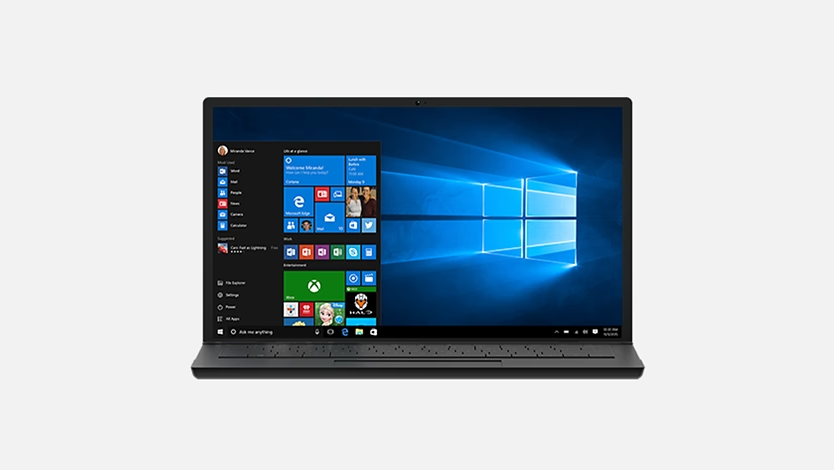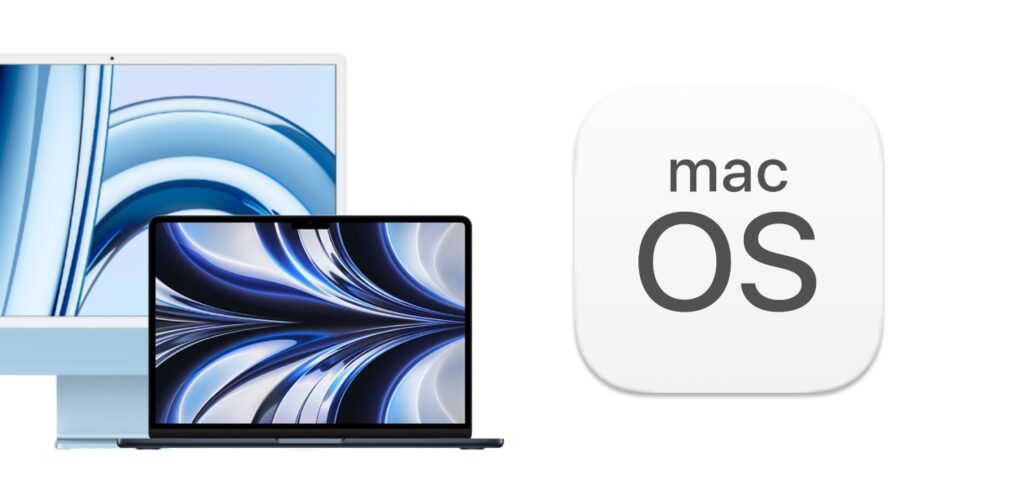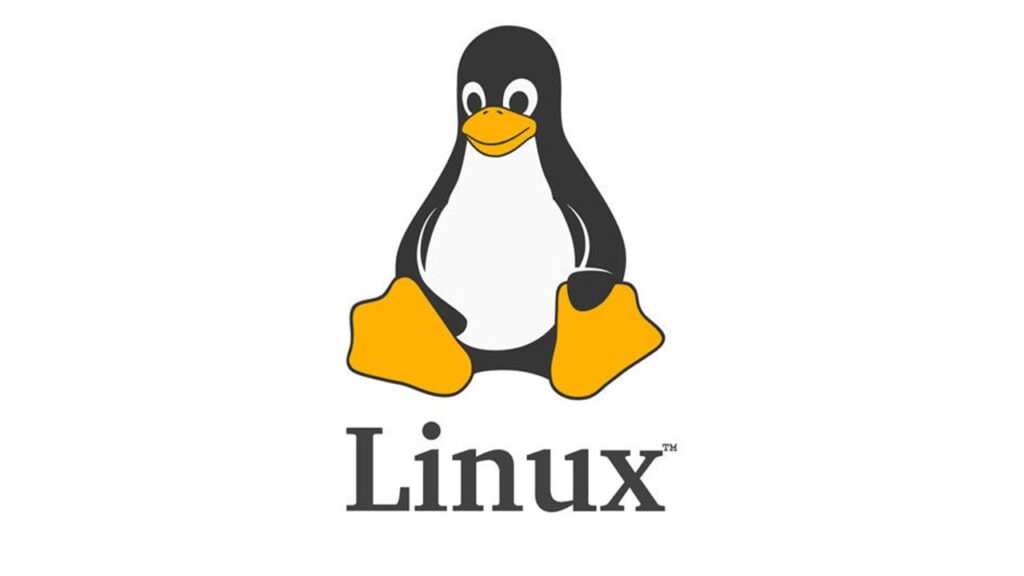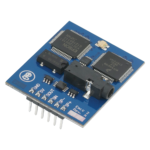Are you tired of constantly updating your current operating system on your laptop? Or maybe it’s just not giving you the performance and features that you need. Whatever the case may be, choosing a new operating system can be overwhelming. With so many options available, how do you know which one is best for your needs?
Well, look no further! As an IT professional with years of experience under my belt, I’ve tested and compared numerous operating systems to find the top 5 best ones for laptops in 2024. In this guide, I’ll walk you through each one’s key features and benefits so that by the end, you’ll have a clear understanding of which operating system will work best for you.
Whether it’s speed and efficiency or user-friendly design that matters most to you, I’ve got all bases covered. So let’s dive into our list of top contenders and find out which one will take your laptop experience to the next level!
So, best operating systems for laptops?
In 2024, the best operating systems for laptops are expected to be even more advanced and user-friendly than they are today. With constant advancements in technology and increasing demands from consumers, it’s important to stay updated on the latest options available.
The top contenders for the best operating system in 2024 will likely include Windows, macOS, Chrome OS, and Linux. Each of these systems has its own unique features and benefits that cater to different types of users.
Windows is currently the most widely used operating system worldwide due to its compatibility with a wide range of devices and software. It offers a familiar interface with regular updates and support from Microsoft.
MacOS, exclusive to Apple products, boasts high security measures and seamless integration with other Apple devices. It also offers a sleek design and intuitive user experience.
Chrome OS is gaining popularity as an affordable option for basic computing needs. It runs primarily web-based applications but can also run Android apps through Google Play Store integration.
Linux is known for its open-source nature which allows users to customize their experience according to their preferences. It’s highly secure and stable but may require some technical knowledge to operate effectively.
Ultimately, the best operating system for your laptop will depend on your personal preferences and specific needs. Consider your budget, desired features, compatibility with software or hardware you use regularly before making a decision.
No matter which operating system you choose in 2024, rest assured that it will continue evolving alongside technology advancements to provide an efficient and seamless user experience on your laptop.
Analyzing the Top Five Operating Systems for Laptops in 2024
In 2024, the world of laptop operating systems continues to evolve, offering users an array of choices tailored to their needs. First up is Windows 11, a powerful contender known for its user-friendly interface and extensive compatibility with software applications. With features like virtual desktops and enhanced security options, it caters well to both gamers and professionals who require robust performance. Then there’s macOS Ventura, Apple’s latest innovation that shines with its sleek design and seamless ecosystem integration. Users appreciate the smooth experience of working across devices, making it ideal for those already entrenched in the Apple universe.
Another interesting option is Linux, which has gained popularity due to its open-source nature and customization capabilities. Many choose Linux distributions like Ubuntu or Fedora because they provide a lightweight alternative that’s perfect for developers or tech enthusiasts seeking flexibility without sacrificing performance. On the other hand, we have Chrome OS, particularly appealing to students or casual users who mainly rely on web applications; it offers simplicity at its best while being secure against many online threats. Lastly, there’s SteamOS, designed specifically for gaming aficionados looking for a dedicated system that transforms their laptop into a gaming powerhouse with minimal fuss.
This diverse landscape ensures that no matter your requirements—be it productivity or leisure—there’s an operating system perfectly suited just for you!
Exploring the Unique Features and Advantages of Microsoft Windows: Why It’s a Top Choice

When you dive into the world of Microsoft Windows, you quickly discover a vibrant landscape filled with unique features that set it apart from other operating systems. One of its standout aspects is the user-friendly interface, designed for people of all ages. The Start menu serves as a central hub, making navigation simple and intuitive. You can easily access your favorite apps or search for files without feeling overwhelmed. Moreover, Windows supports a wide variety of software applications, empowering users to pick precisely what they need—be it creative tools like Adobe Suite or productivity software like Microsoft Office. This broad compatibility keeps everyone from students to professionals engaged and productive.
Another advantage lies in its robust security features that have evolved over time to meet modern challenges. With built-in protections such as Windows Defender Antivirus and regular updates, your system gets stronger against threats every day. Additionally, Windows offers seamless integration with cloud services through OneDrive; this means your important files are accessible anywhere and protected from loss due to device failure. Plus, the vast community support ensures that help is always available when needed—whether it’s troubleshooting an issue or finding tips to enhance performance.
All these elements come together to create an experience that’s not only powerful but also tailored for everyday use by anyone looking for reliability and versatility in their computing journey.
Read also: free server operating systems
A Deep Dive into MacOS: Understanding Its Strengths for Laptop Users

When it comes to laptops, MacOS stands out as a favorite for many users. One of its biggest strengths is the seamless integration with Apple’s ecosystem. Imagine easily syncing files between your iPhone and MacBook or using Airdrop to share photos in just seconds—that’s the magic of being part of a connected world. The interface feels sleek and user-friendly, making tasks simple and enjoyable. Whether you’re browsing the web, editing videos, or working on documents, everything flows smoothly thanks to optimized performance that keeps everything running without hiccups.
Another remarkable aspect of MacOS is its focus on security and privacy. With built-in features like Gatekeeper—which helps protect from harmful software—and regular software updates that keep your system secure, users can feel confident while surfing online. Plus, the emphasis on user permissions means you have control over what information apps access. This level of protection enhances not only individual security but also boosts productivity since you can work without worrying about potential threats lurking around every corner.
Overall, MacOS offers a delightful blend of convenience and peace of mind for laptop users seeking efficiency alongside robust security measures in their digital lives.
Bridging the Gap with Linux: Benefits and Possible Drawbacks for Laptop Use

Using Linux on a laptop can be an exciting journey, as it opens doors to a world of customization and control. One major benefit is the ability to breathe new life into older hardware. Many Linux distributions are designed to run smoothly even on machines with limited resources, making them perfect for vintage laptops that struggle under heavy operating systems like Windows. Users often enjoy enhanced performance and faster boot times, allowing them to focus on what matters most—getting work done or enjoying their favorite games. Plus, the open-source nature of Linux means that users have access to countless applications without spending a dime.
However, switching from mainstream operating systems does come with its challenges. Some popular software programs may not have native versions for Linux, which can lead to frustration if you rely heavily on specific tools for your daily tasks. Additionally, gaming can sometimes be tricky; while many titles are now supported on Linux, others require tweaking or may simply not run at all.
This transition period might involve some learning curves as users navigate different file systems and commands compared to what they’re used to. Ultimately, embracing Linux requires weighing these benefits against potential drawbacks—but for many adventurous souls seeking freedom in technology, it’s well worth the effort!
You may also like: speech to text free software
The Rise of Chrome OS on Laptops: Evaluating its Performance, User Interface, and Compatibility

In recent years, Chrome OS has made a significant impact on the laptop market, capturing the attention of both casual users and professionals. One standout feature is its speed. With quick boot times and seamless updates, users experience less frustration when starting their devices or applying new features. The operating system relies heavily on cloud computing, allowing for smooth performance even on lower-end hardware. This makes it an excellent choice for those seeking affordability without sacrificing functionality. Furthermore, applications like Google Docs and Sheets run effortlessly within this environment, ensuring that productivity remains high.
The user interface of Chrome OS is designed with simplicity in mind—a refreshing change from cluttered systems. It offers an intuitive layout that prioritizes ease of navigation; everything feels organized yet accessible at your fingertips. Users can enjoy customizability through themes and extensions available from the Chrome Web Store while still benefiting from security updates working behind the scenes to protect personal information. However, potential buyers may wonder about compatibility with more demanding software programs traditionally found on Windows or macOS. While many popular apps have web-based versions or Android alternatives available through the Google Play Store, some specialized tools remain absent—making thorough research essential before making a purchase decision.



